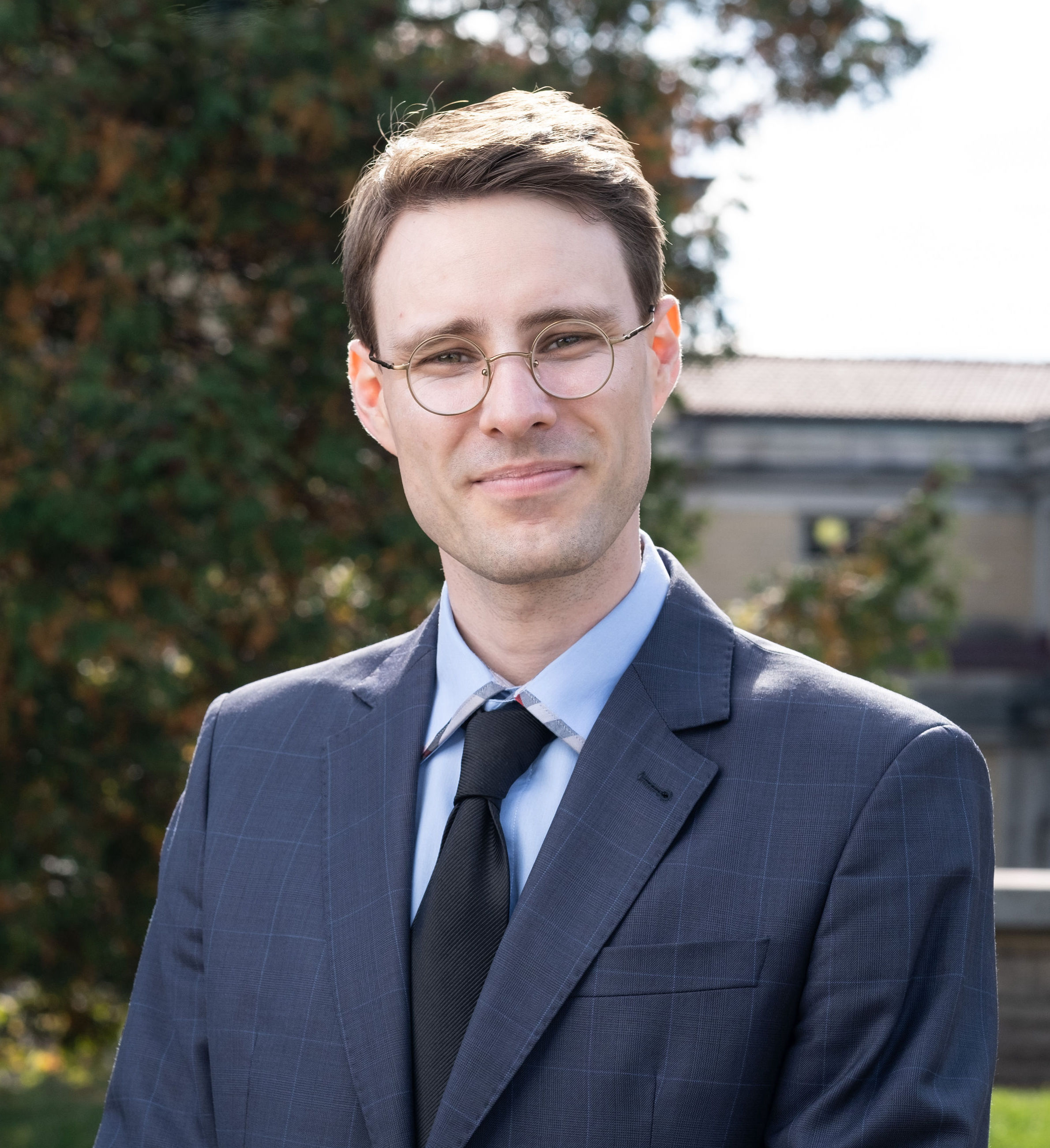I am a comparativist studying Political Science in the Department of Government at Harvard. My substantive interests lie in institutions and courts & politics, with a regional focus on Latin America. Broadly, I investigate whether and how legal institutions and judicial activity impact socioeconomic well-being. Methodologically, I blend deep case knowledge with techniques of causal inference and machine learning to address the intersection between Politics, Law, and Economics.
Before joining Harvard, I completed a dual MA in International Public Affairs and Latin American Studies at the University of Wisconsin-Madison, where I also worked as a lecturer in the Department of Political Science. Outside academia, I served as a judge for five years in São Paulo, Brazil.
Research Agenda
I am currently working on two fronts.
The first focuses on the distributional effects of the judicialization of social policies. In countries where millions lack basic conditions for a dignified life, common wisdom suggests that legal institutions can advance social progress through judicial proactivity. I investigate whether barriers still prevent the poorest citizens from accessing the courts, resulting in uneven access to justice that disproportionately benefits upper classes. I am also interested in whether judicialization diverts blame attribution toward the atomized enforcement of rights, thereby alleviating political pressure on elected officials, or whether activist courts risk sidelining the structural changes that demand sustained political capital and grassroots mobilization.
The second theme assesses the aspirational content of constitutions. It focuses on whether constitutionalized rights matter in practice, under what conditions they become effective, and who benefits most from their enforcement. While many constitutions formally recognize rights such as education, health, housing, and welfare, a persistent ontological gap often separates these constitutional promises from their material realization. I investigate how factors such as judicial independence, electoral strategies, and the organization of civil society influence the extent to which these rights enter the legal-political arena. I also consider the role of organized interests, including lobbying by providers of public goods and services, in shaping the selective enforcement or neglect of economic and social rights.
